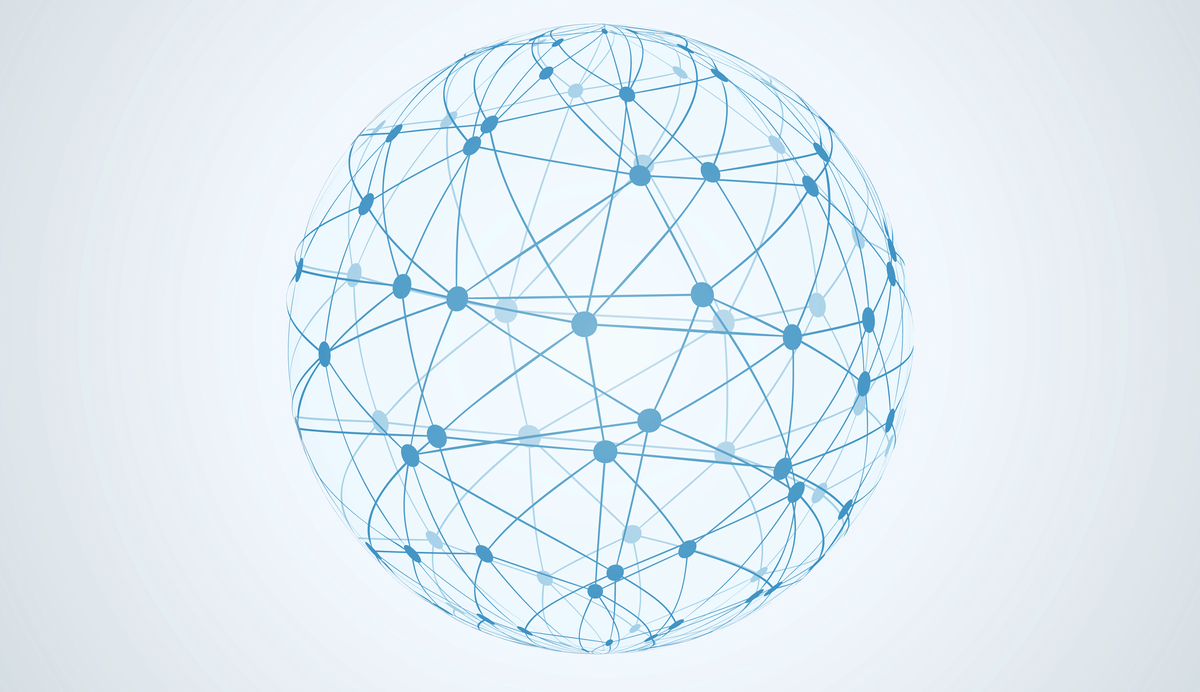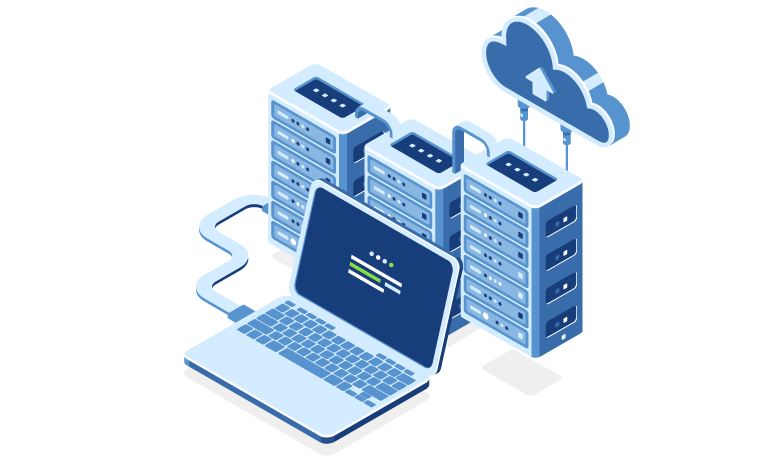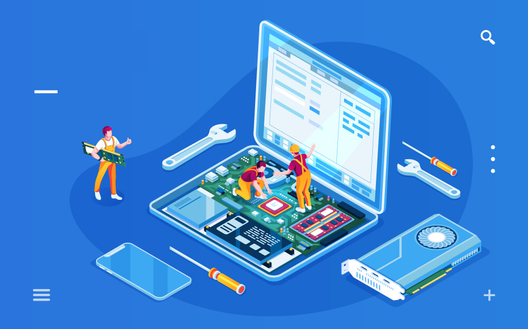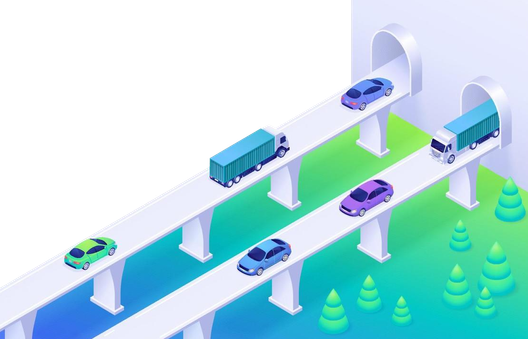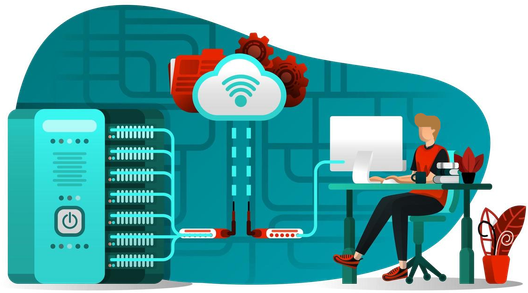The modern internet is as centralized as ever, but awesome open source projects such as Mastodon, Nextcloud, and Jitsi are making it easier to become independent of today's internet service giants such as Google.
A centralized web of content, where the few define which frames should be applied and distributed, becomes a liability – the opposite of the open space the web was meant to create.. - Juan Ortiz Freuler
For this post, I'll be avoiding most technical jargon in this post, as much of that will come later. For now, I'd like to focus solely on the high-level concepts behind the centralization of the web, the risks it poses, and what an alternate de-centralized model could look like.
Why De-centralize?
The concept of internet de-centralization is a deep topic with many thoughts, studies, projects, and more working to validate and expose new ideas and capabilities.
Here, I'll provide my summation of the benefits of a de-centralized web as it pertains to common, everyday internet use.
Internet Privacy and Protection
Every year, millions of people have their personal information stolen by nefarious actors. Since the source of this information can be any site or service in which they store their data, it is entirely possible in many cases that users aren't aware when this happens.
Even though one might expect that major corporations such as T-Mobile, Equifax, and Marriott follow a rigid security protocol for handling sensitive customer information, this isn't always the case. The internet has shown time and time again that a group of highly motivated individuals working in a network will, more often than not, outsmart and outperform a corporate salaried dev team working on closed-source code.
Putting aside that a completely de-centralized internet would virtually negate the possibility of large-scale data breaches, having a self-hosted, de-centralized approach to internet usage on a personal level can still minimize your risk exposure and help to avoid having your personal data stolen and sold on the dark net. Many of the projects and ideas covered on this site are motivated by this idea of minimizing data exposure and keeping personal data, well, personal.
Fault Tolerance, At Scale
One of the great defining features of the internet, conceptually, is that it is not dependent on any one company, service, or machine to function. Consider a network with two websites hosted by two different servers: if one goes down, the other still functions. Simple, right? So, why all the fuss about further de-centralization?
As the world becomes more and more advanced economically, a small group of large players (corporations) have developed centralized infrastructure that have become dependencies of a large portion of other services hosted on internet.
While this certainly makes the internet more accessible to smaller players with less capital or technological know-how, it also makes it so that any failure in upstream systems can have far reaching and hugely impactful consequences.
Take, for example, the 2024 CrowdStrike outage, which had an estimated impact of $10 Billion driven by outages in airports, hospitals, hotels, and more. Or consider the widespread effects of the AWS S3 outage in 2017 which was caused simply by "human error".
To this day, the general public and the coding community at large has no insight into what specifically caused these issues, and we're simply hoping that corporations like CrowdStrike and Amazon learn from these mistakes and implement better coding practices.
Consider, instead, an internet where the software for these services is community driven and their physical infrastructure is distributed. This operating model would necessitate transparency and peer review prior to software launches, ensuring that any code that will go into production systems is robustly tested and validated prior to publication.
Further Reading
There's a lot of places you could go from here, but if you're interested in learning more about the potential of internet de-centralization, I'd recommend getting familiar with web3.


